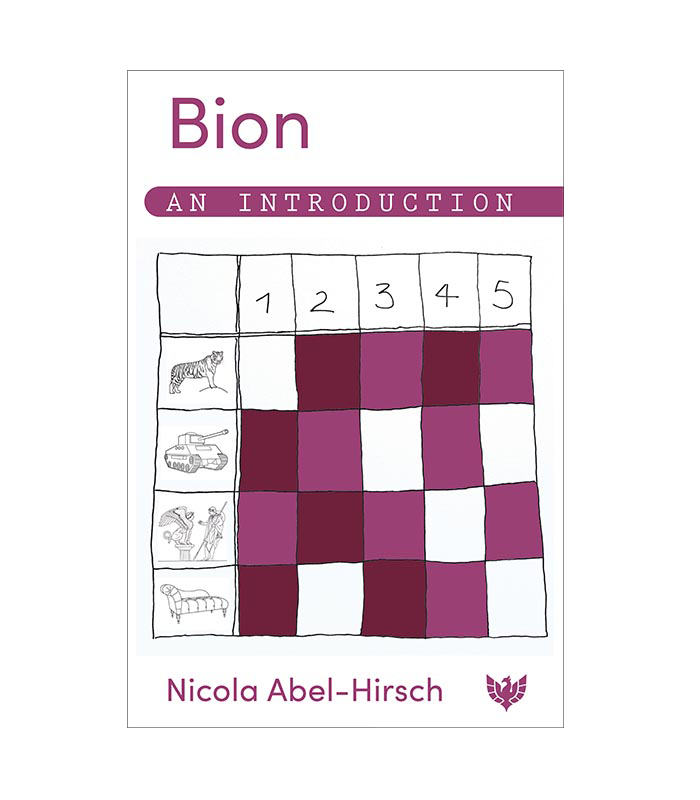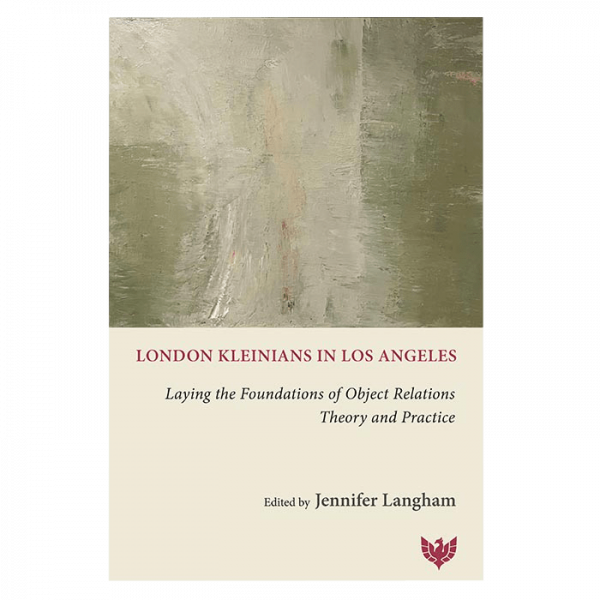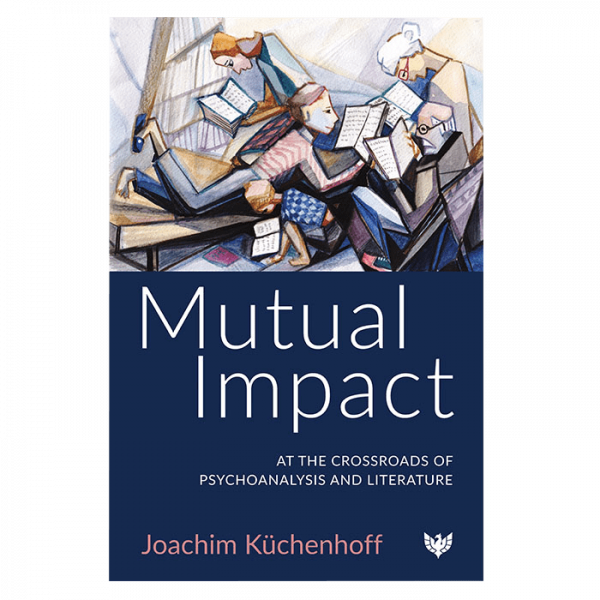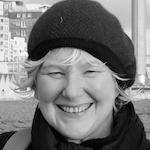Wilfred R. Bion’s life spanned key events in the twentieth century. Born in India in 1897, he came to boarding school in England aged 8 and at 18 fought in the tanks in World War One. He trained as a doctor between the wars and, in his World War Two work for the army, he was an innovator. After the war, he became a patient of Melanie Klein, qualified as a psychoanalyst, and was part of an extraordinary period in psychoanalysis of work with psychotic mechanisms in patients. In the late 1950s, he identified the configuration container/contained as being at the heart of human development. He looked outside of psychoanalysis to philosophers, scientists, mathematicians, and even theo-mystical thinkers. His work evolved radically throughout the 1960s and, at age 70 when many would be thinking of slowing down, he emigrated to California and began to travel internationally, giving lectures and supervisions across three continents. After Freud, Bion appears to be the most quoted psychoanalyst of our time and this book provides the opportunity, even for those familiar with his work, to gain insight into its sheer breadth, showcased so brilliantly in this slim volume.
As author of Bion: 365 Quotes, Nicola Abel-Hirsch’s immersion in Bion’s vast œuvre has enabled a comprehensive introduction to Bion and his work. Her lightness of touch, whilst retaining the necessary depth, makes it a joy to read. Bion and his work can be somewhat enigmatic but Abel-Hirsch’s understanding offers the ideal introduction to the man and his work.






Lawrence J. Brown, author of ‘Transformational Processes in Clinical Psychoanalysis: Dreaming, Emotions and the Present Moment’ and ‘On Freud’s “Moses and Monotheism”’ –
‘Nicola Abel-Hirsch is a masterful teacher of Bion’s works; knowledgeable of his history as an individual and a psychoanalyst. Like the best of teachers, she knows her subject intimately and explains even the most obscure concepts clearly. Her new book, Bion: An Introduction, displays her deep appreciation and knowledge of the work of Bion. I highly recommend Bion: An Introduction to all clinicians and psychoanalysts who want to understand Bion’s life and work in depth.’
Jani Santamaría, co-editor of ‘Autistic Phenomena and Unrepresented States: Explorations in the Emergence of Self’ –
‘Underpinned by six opening thoughts and six closing thoughts as pointers, Bion: An Introduction is a masterpiece that captures the heart of Bion’s life and works brilliantly. Nicola Abel-Hirsch’s intimate knowledge of the thinking of W. R. Bion, combined with her deep capacity to dialogue with disciplines such as mathematics, philosophy, literature, the arts, and science, enables her to tackle a wide range of topics in a high-quality, original work. Bion: An Introduction is an essential, up-to-date, scholarly book for the study and exploration of Bion which intelligently stimulates new paths for thinking and dreaming.’
Ignês Sodré, author of ‘Imaginary Existences: A Psychoanalytic Exploration of Phantasy, Fiction, Dreams and Daydreams’ –
‘Nicola Abel Hirsch has written a short, comprehensive new book on Bion, encompassing and interweaving his life and the progression of his work from the first to the final books and papers. Her extensive knowledge and profound understanding of Bion’s immense contribution to psychoanalysis makes her the ideal author for this book. The book is a pleasure to read; we feel her deeply engaged presence throughout, as if in a vivid dialogue with Bion in which she is always trying to understand him better. The compactness of the format consistently avoids over-simplification; one is left with an experience of fluidity and integration, and a sense of satisfaction for having been offered an accomplished, lively portrait of Bion the man and Bion the thinker.’
Michael Halton, The International Journal of Psychoanalysis, (2025), (106)(1):201-204 –
‘In her book Bion’s inner life seems to come alive and is revealed through his work in a personal and biographical way, and one gets a picture of the emotional journey that gave rise to his intellectual thinking … Abel-Hirsch’s previous publication garnered universal praise and in this reviewer’s opinion she has again achieved something outstanding. It is touched with the spirit Bion possessed without being imitative, and she has brought her own tone of quizzical wonderment to her writing.’